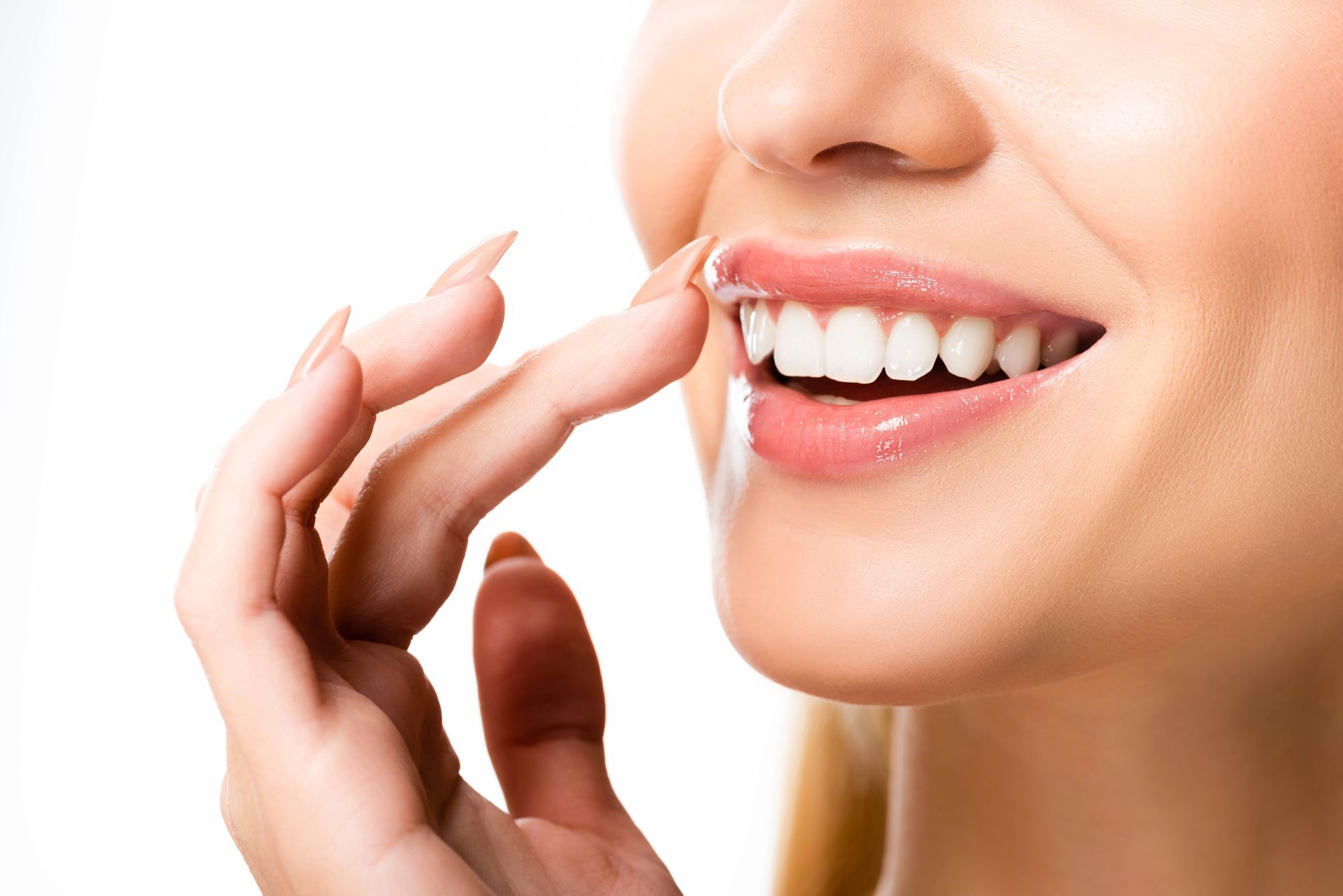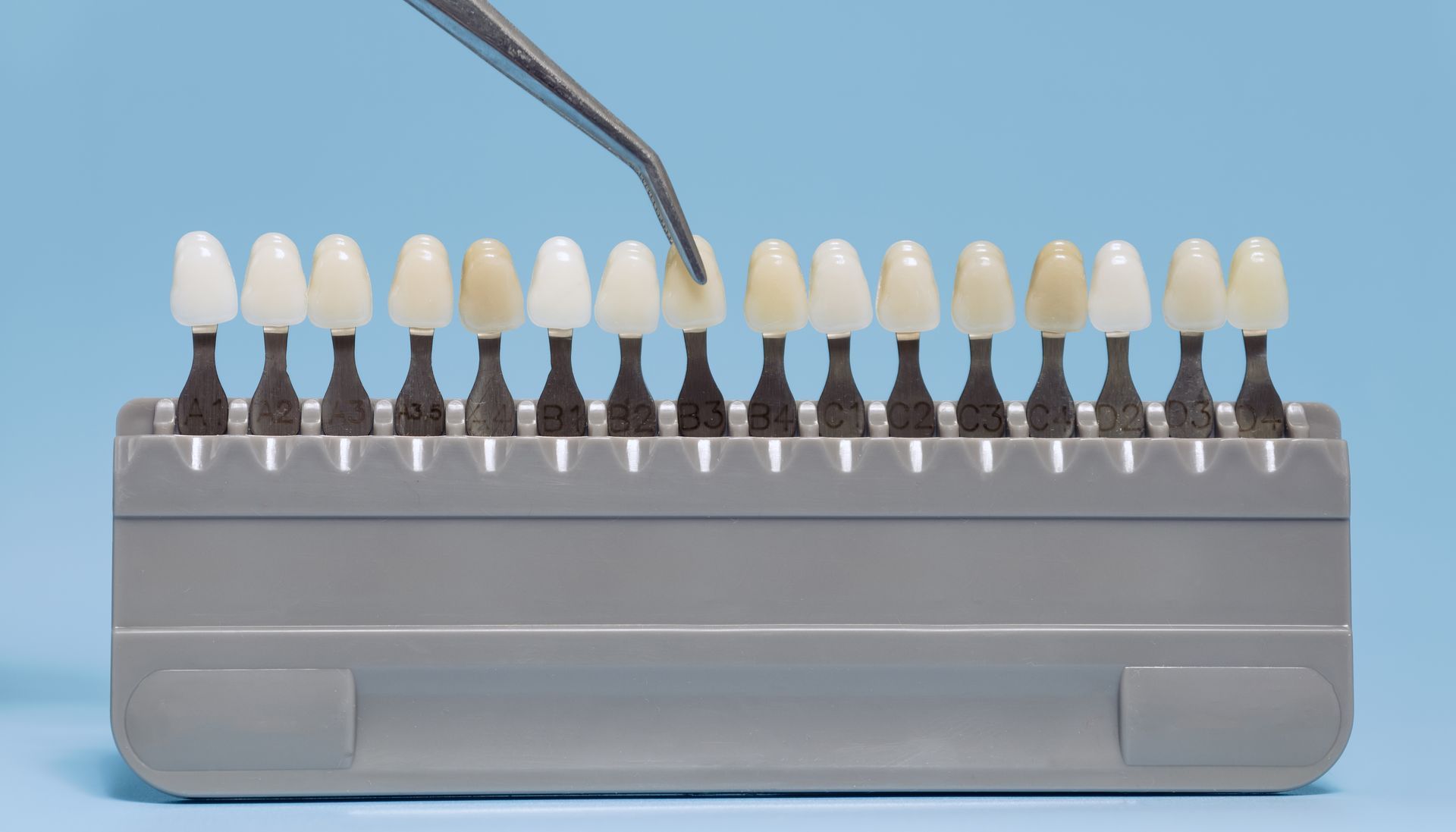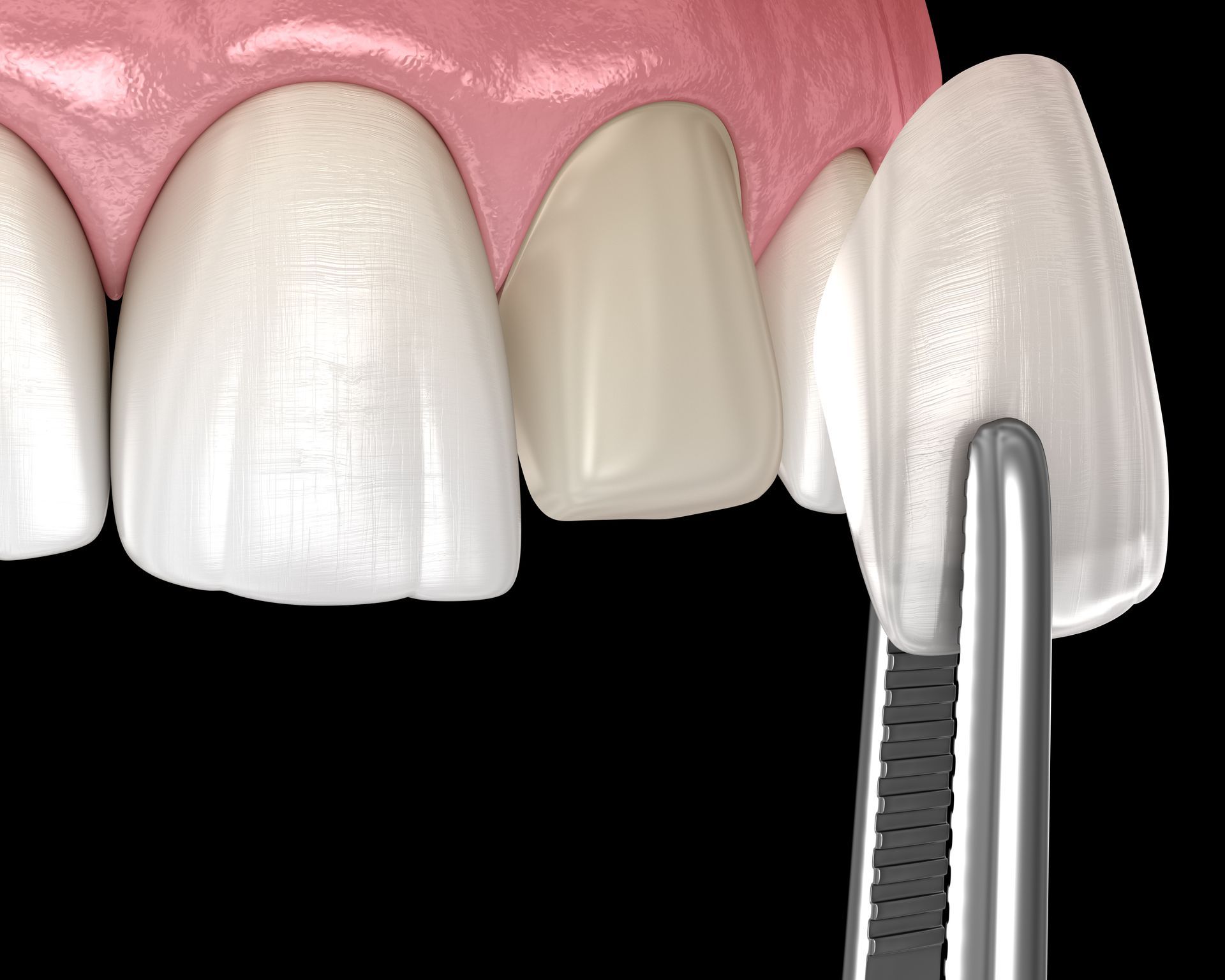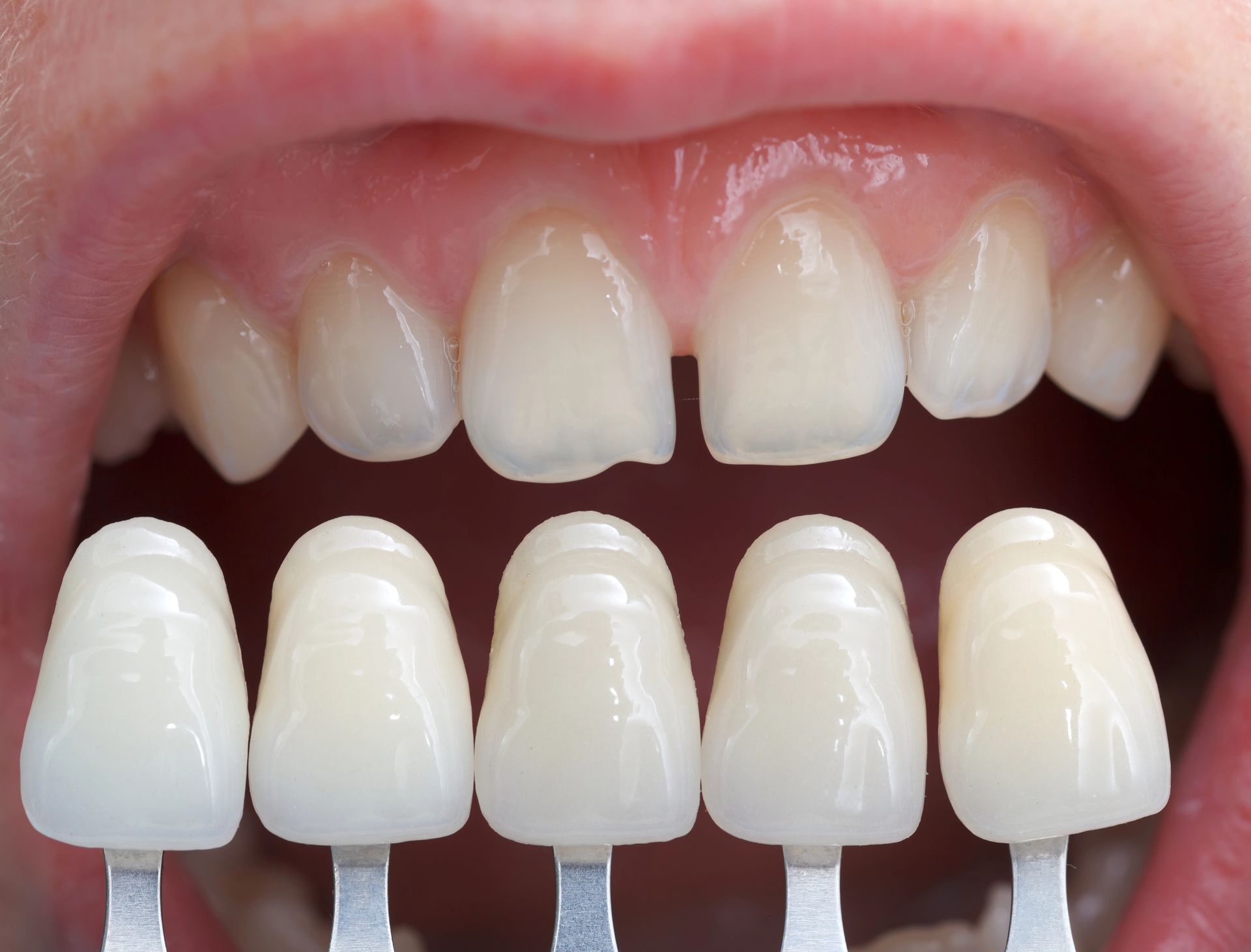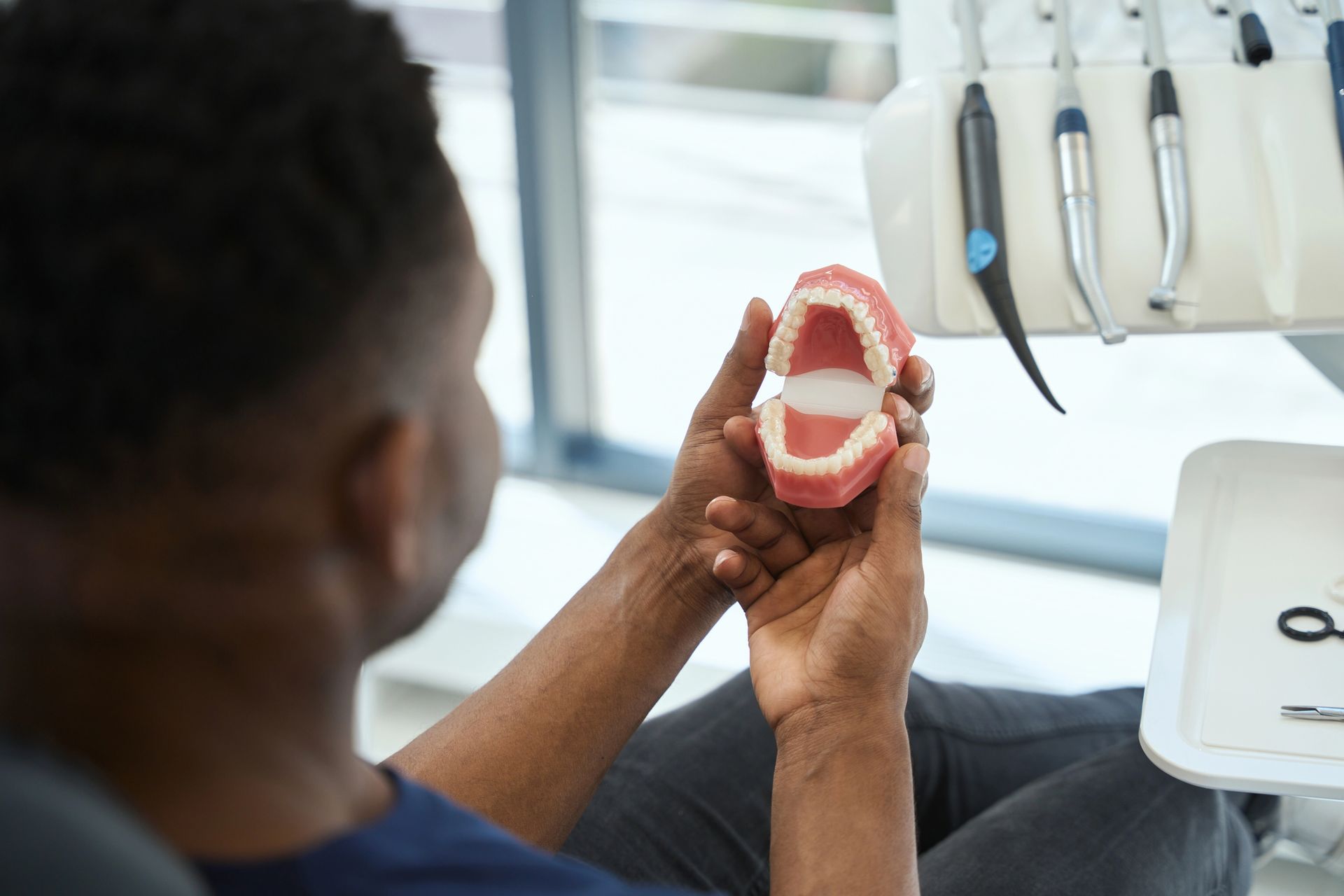

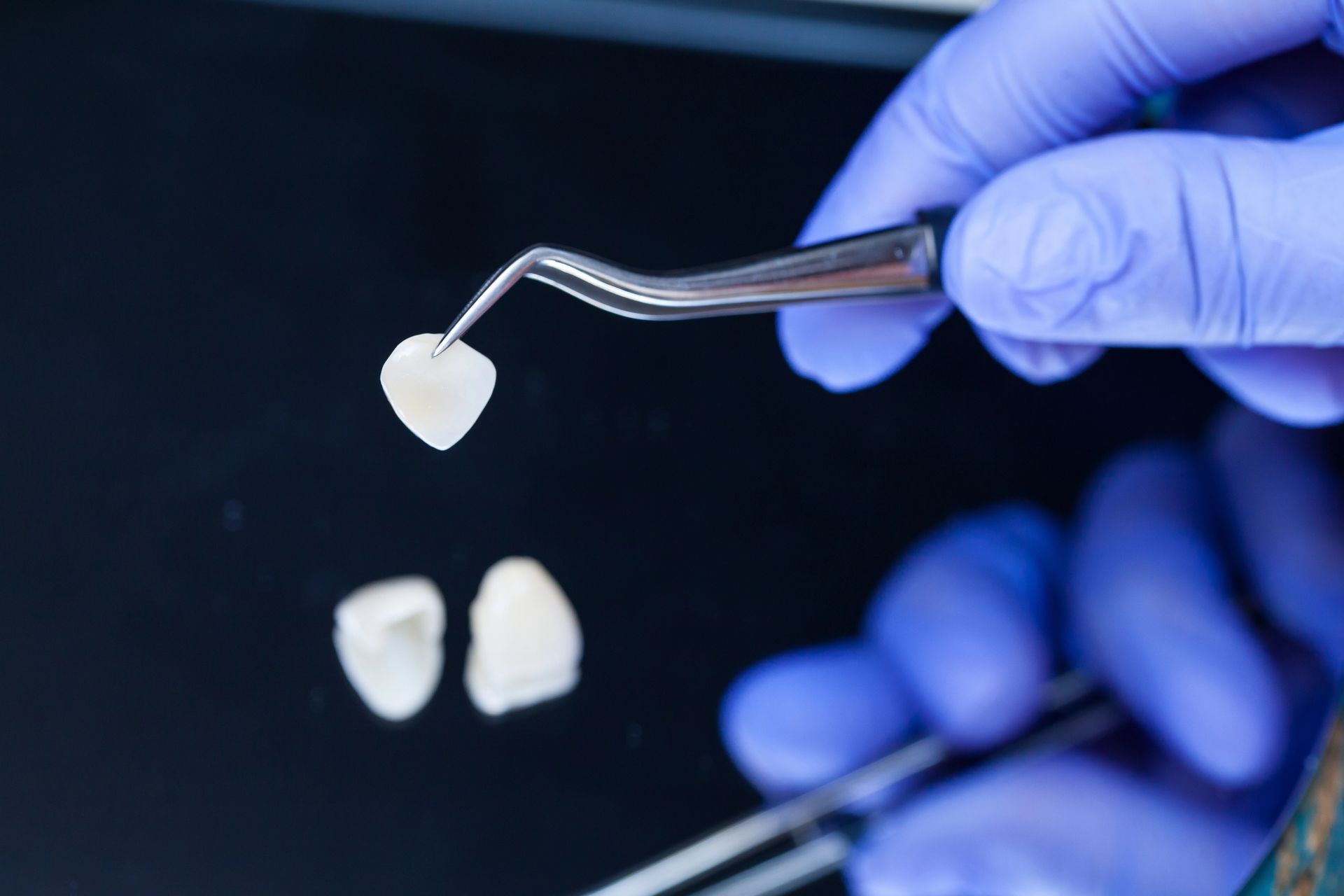
Are you wondering if you can achieve perfectly white teeth through whitening? While many seek to brighten their smile, the effectiveness and results of teeth whitening can vary widely depending on individual factors such as dental health and the natural color of your teeth. It's important to have realistic expectations about the degree of whiteness that can be achieved.
Causes of Tooth Discoloration
Achieving perfectly white teeth is a common goal for many, but various factors can lead to tooth discoloration, impacting the natural whiteness. Primarily, external causes such as the consumption of coffee, tea, red wine, and tobacco can stain the teeth. These substances contain intense color pigments called chromogens that attach to the enamel, the outer part of the teeth, causing noticeable discoloration. Additionally, poor dental hygiene, resulting in plaque and tartar buildup, can also dull the teeth's appearance and contribute to a less-than-perfectly white smile.
Apart from external factors, intrinsic causes also play a significant role in tooth discoloration. These include factors like aging, where the enamel gets thinner over time exposing the underlying dentin, which is naturally yellower. Certain medications, trauma to the teeth, and fluorosis also contribute to changes in tooth color from within. While many seek ways to restore their bright smile, it's important to understand what might be influencing their current tooth shade. For those considering professional treatment, understanding potential discomforts is crucial. Learn more about this aspect by reading
Teeth Whitening Pain: Is the Process Comfortable?.
Types of Teeth Whitening Methods
Achieving perfectly white teeth is a common goal for many, and understanding the different types of teeth whitening methods available can help individuals make informed decisions about their dental care. Broadly, teeth whitening options can be categorized into professional treatments conducted in dental offices and those that can be used at home. Each method uses varying concentrations of whitening agents and differs in application techniques and treatment durations.
While exploring the possibilities for enhancing the brightness of your smile, it's essential to consider the range of available methods to find the one that best suits your needs. For more detailed information on how you can achieve a brighter smile, consider visiting
Get Whiter Teeth in Columbia.
Safety Concerns with Teeth Whitening
When considering methods to achieve perfectly white teeth, it's important to be aware of the safety concerns associated with teeth whitening. While many individuals aspire for a brighter smile, the process can involve factors that may affect dental and overall oral health. It is crucial to understand how these procedures might interact with your unique dental condition. Being informed helps in making cautious decisions regarding your approach to achieving that sought-after smile.
Duration of Whitening Effects
Achieving perfectly white teeth through whitening treatments is a common goal, but it's important to understand the duration of the effects. The longevity of teeth whitening results can vary widely depending on several factors including individual dental health and lifestyle habits. Generally, the whiteness achieved from professional treatments may last from a few months to a couple of years. Regular dental check-ups are essential to monitor your oral health. For those in the Columbia area, visiting Columbia Dentist at Design Dentistry Columbia can be a part of maintaining your dental health.
Factors Influencing Whitening Success
Achieving perfectly white teeth through whitening can be influenced by a variety of factors. The natural color of an individual's teeth can set the baseline for whitening outcomes, as some teeth have a naturally yellower or grayer shade than others. Additionally, the uniformity of tooth color plays a role; teeth that are evenly colored may respond more predictably to whitening procedures compared to teeth with uneven coloring. Age is another important factor, as the enamel on teeth wears down over time, which can affect the effectiveness of whitening. Lastly, the overall oral health of an individual can impact the success of whitening efforts, as healthier teeth are generally more responsive to whitening treatments.
Impact of Diet on Tooth Color
Achieving perfectly white teeth often begins with understanding the impact of your diet on tooth color. What you eat plays a significant role in the staining and discoloration of your teeth. Consuming beverages like coffee, tea, and red wine, or foods with strong pigments like berries and curry, can lead to surface stains over time. Additionally, acidic foods and drinks can erode enamel, making it easier for stains to take hold. To maintain or achieve perfectly white teeth, consider moderating intake of these items and always follow up with good oral hygiene practices.
Teeth Whitening and Dental Health
Achieving perfectly white teeth is a common goal for many, but it's important to consider the impact of teeth whitening on dental health. While various whitening methods, from professional treatments to at-home kits, promise significant results, they must be used cautiously. Overuse or improper application can lead to tooth sensitivity or damage to the enamel. Consulting with a dental professional can ensure that your pursuit of perfectly white teeth does not compromise your overall dental health. They can recommend safe, effective methods tailored to your dental history and needs, helping you achieve a bright smile without risking your oral well-being.
Age-Related Changes in Tooth Color
As we age, our teeth naturally undergo color changes, which can affect the quest for perfectly white teeth. Over the years, the enamel that coats our teeth becomes thinner, allowing the darker dentin beneath to show through. Additionally, a lifetime of consuming stain-causing foods and beverages, as well as engaging in habits like smoking, can contribute to further discoloration. While teeth whitening treatments can be effective, they may not fully reverse the effects of age-related changes in tooth color. Understanding these natural processes is crucial for setting realistic expectations about achieving perfectly white teeth through whitening methods.
Expectations vs. Reality in Whitening
When it comes to achieving perfectly white teeth, it's important to set realistic expectations. Many people envision a dazzling Hollywood smile post-whitening, but the reality can vary based on individual factors such as tooth enamel quality and the presence of stains or discolorations. While whitening treatments can significantly lighten the teeth, they may not always result in a flawless, uniform shade. Factors like genetics, diet, and oral hygiene play crucial roles in the final outcome. Understanding that while whitening can enhance your smile, it might not always produce perfectly white teeth is key to a satisfying result.
Conclusion
Achieving perfectly white teeth is a popular goal. If you're curious about what others are saying,
read reviews here. For further inquiries, call us at
803-667-3919.


